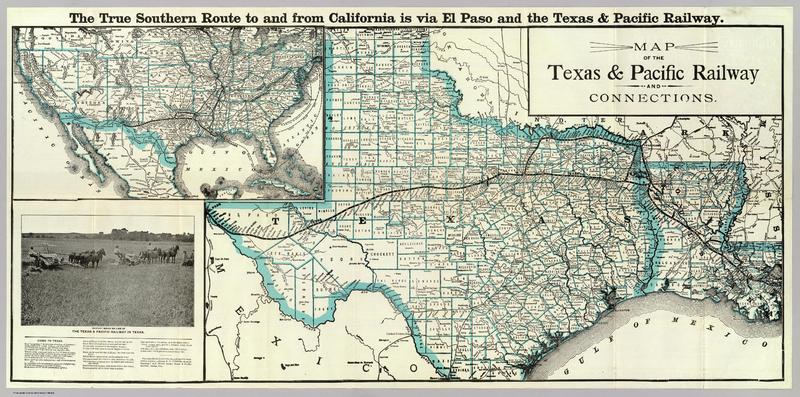Freedmen Communities in Texas | Bear Creek │ Deep Ellum │ Fourth Ward │ Gainesville │ Garden of Eden │ Grant’s Colony │ Kendleton │ Mosier Valley │ Mudville │ New Town │ Quakertown │ Tamina
Mudville, Steele's Store (Brazos County)
Mudville, also known as Steele’s Store, was located at the intersection of Farm Roads 50 and 1687, on the Southern Pacific Railroad eleven miles west of Bryan in far western Brazos County. Mudville had additional connections to the Houston and Texas Central railway. Settlers arrived in the 1840s. By the 1850s, two of Mudville's slaveholders, Thomas Wilson and Mary Wilson, had 200 slaves. This community became known as Mudville for the mud common to the floodplain of the Brazos and Little Brazos rivers.
While Thomas Wilson retained his land after the war, Henry B. Steele quickly became a prominent community leader in the 1870s. Steele ran a general store, which also functioned as a community center and physician's office. As Steele acquired more land, he employed laborers and sharecroppers to work; many of his employees were African American. In 1878, Steele requested the establishment of a post office. That year, Steele reported that the Steele's Store community was 75 percent black.
The land in the Brazos bottomland was useful for cotton farming, but it was also subject to frequent flooding. Similar to Quakertown, many landowners did not want to invest in the property, and much of it was left to be settled. Steele was able to purchase this land at a lower price, therefore allowing him to employ people from the community. The people of Mudville gathered around Steele's Store, whether it was for work, a doctor's visit, or a visit with a neighbor. Three black men served as community leaders in the decades following the establishment of the post office: cotton farmer and county commissioner, Dennis Ballard; justice of the peace, Matt Eaton; and precinct constable, Powell Harvey.
After the establishment of a post office and with plenty of land up for grabs, Italians moved to Mudville to work as sharecroppers and laborers on the cotton farms owned by white elites with hopes of owning land themselves. By the first decade of the twentieth century, the Italians had claimed Mudville as their own. This is apparent in the Steele's Store community description provided by Brazos County Historical Commission, which fails to mention the abundant African American population that lived and worked in the community before the Italian population. The post office closed in 1950. As the community scattered to nearby towns, such as Bryan, the history of the African Americans who built Mudville with Henry B. Steele was, for the most part, forgotten.
Citations:
Odintz, Mark. "MUDVILLE, TX." The Handbook of Texas Online| Texas State Historical Association (TSHA). June 15, 2010. Accessed April 16, 2018.; Nevels, Cynthia Skove. Lynching to Belong: Claiming Whiteness through Racial Violence. College Station, TX: Texas A & M University Press, 2007.
